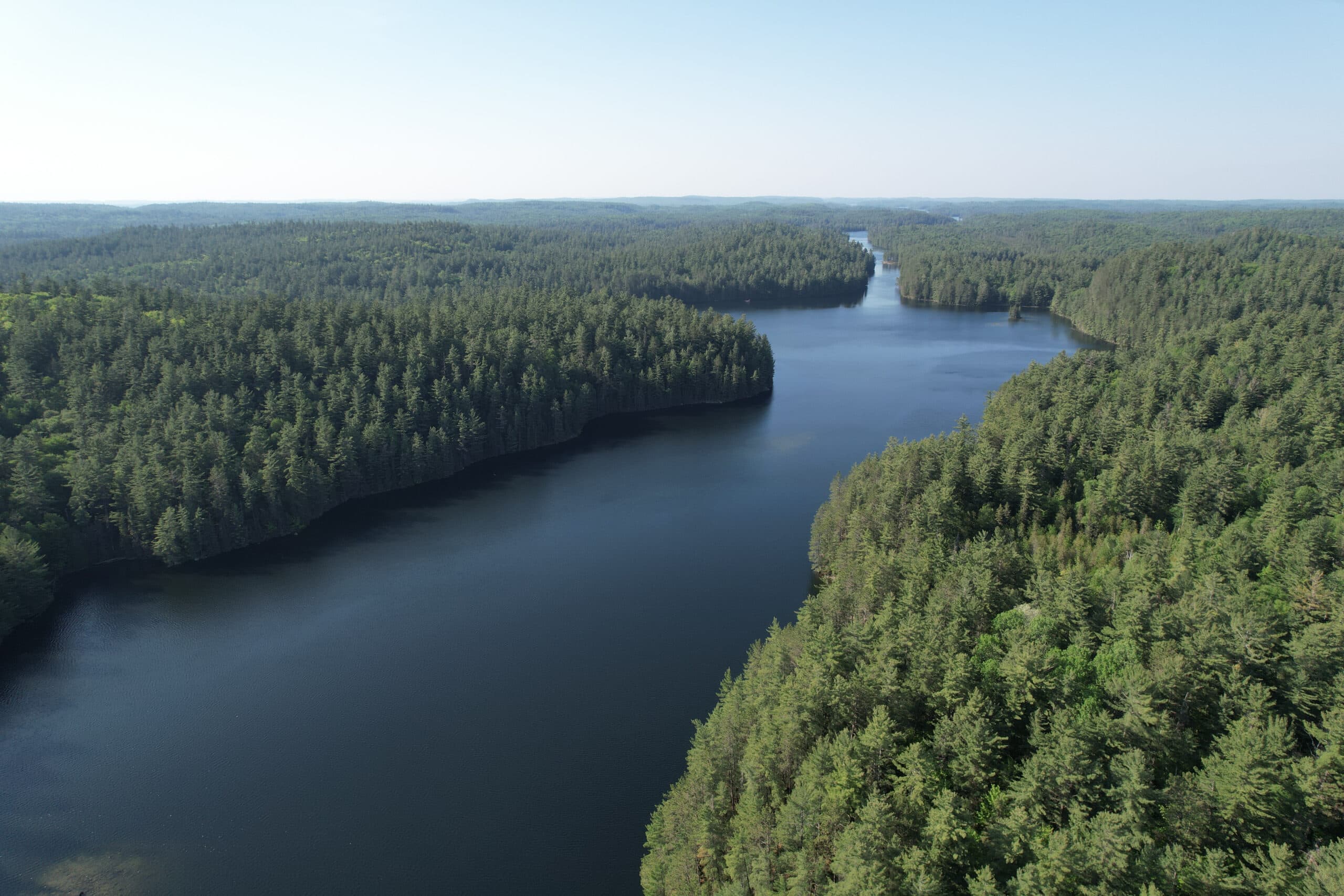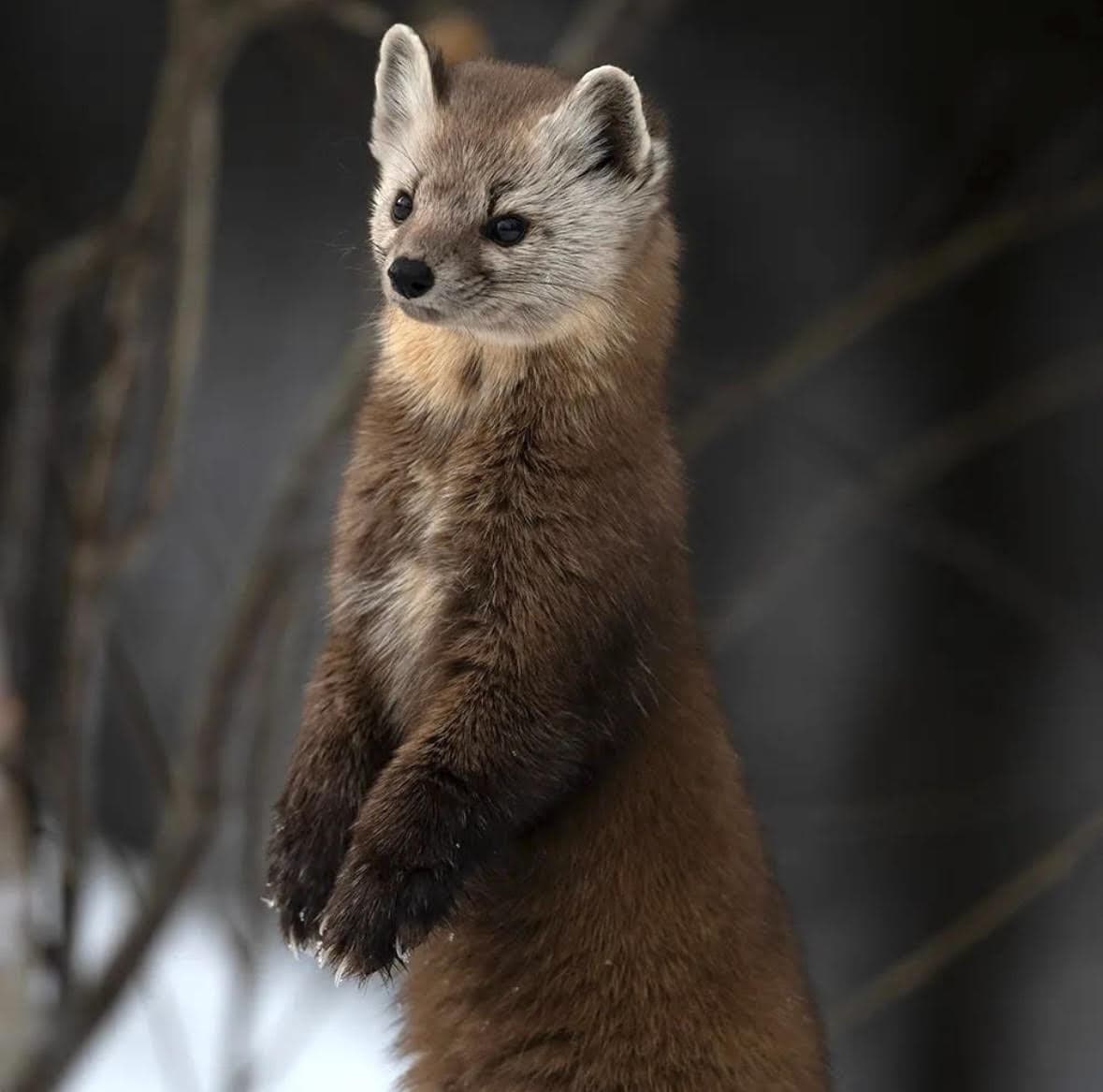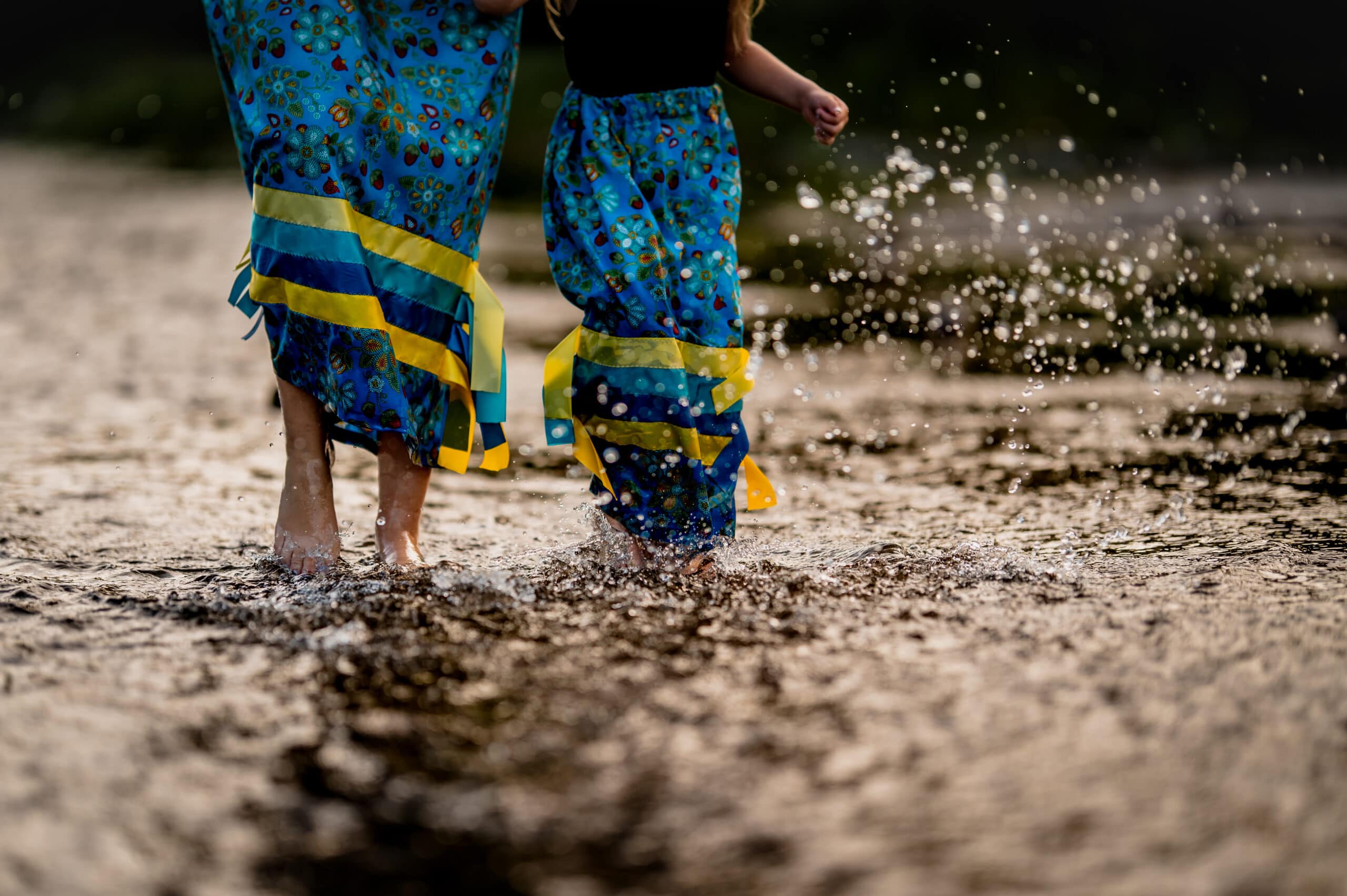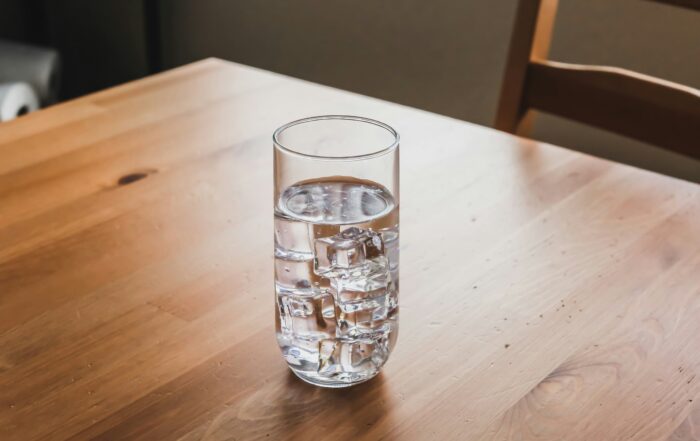
The Temagami River, beloved by white-water paddlers, is over 60 kilometres long and is part of the Lake Huron watershed. Photo by Scott Parent
On December 10th, Assistant Deputy Minister of the Canadian Wildlife Service, Tara Shannon, announced Canada’s participation in the Freshwater Challenge at COP28.
The Freshwater Challenge is a country-led initiative that aims to support, integrate and accelerate the conservation of freshwater ecosystems by restoring 300,000 kilometres of degraded rivers and 350 million hectares of degraded wetlands by 2030.
Canada’s participation in the Challenge includes commitments to protect and restore freshwater ecosystems through the Kunming-Montréal Global Biodiversity Framework, the Canada Water Agency and the implementation of the strengthened Freshwater Action Plan.
As the world’s largest freshwater ecosystem, the Great Lakes need inter-governmental support for adequate restoration and protection. This commitment is one of the many steps on our path towards fulfilling our shared responsibility to the people, places, and wildlife in and around the Great Lakes- St. Lawrence watershed.
Return of the American marten at Madeline Island

An American marten pops out of the snow. Photo by Safani Gunasekera
The last sighting of an American marten at Madeline Island, Mooningwanekaaning in Anishinaabemowin, was over 100 years ago. That was, until one happened to be spotted in a recent study led by Northland College researchers.
The study used 25 trail cameras and captured thousands of images of wildlife as part of a project called “Wild Madeline.” The crew, led by Erik Olson, associate professor of natural resources, downloaded and examined the images, identifying and cataloguing their subjects. Amidst the tally of common species often spotted throughout the Apostle islands — coyotes, white-tailed deer and black bears — a unique image was captured. In a series of nocturnal images, they found the slender posture of the small animal, turned to face the trail camera with eyes glowing in its flash.
The American marten, also known as the pine marten, is one of the smallest members of the mustelid family and is recognized as a state-endangered species. It weighs up to one kilogram and is about 40 centimetres long.
Native to Wisconsin and other regions of North America, the American marten was extirpated from the Apostle Islands due to heavy logging and loss of habitat. Although there have been numerous attempts to reintroduce martens to the islands over the past 75 years, all have failed until now. So this unexpected sighting is widely received as a positive indication of native wildlife recovery in the area.
Bill C-61 – An Act respecting water, source water, drinking water, wastewater and related infrastructure on First Nation lands

The new bill aims to address and prevent First Nations water infrastructure gaps and build a sustainable foundation for future generations Photo by Alyssa Bardy
On December 11th, 2023, Patty Hajdu — minister of Indigenous services — introduced a new proposed legislation update on water management in First Nations communities.
Bill C-61 – An Act respecting water, source water, drinking water, wastewater and related infrastructure on First Nation lands was made in consultation with First Nations, claims Hajdu. Many chiefs have already expressed concerns over funding and how the bill will work in practice. Others are skeptical about the consultation process and say that the legal powers and water authorities should exist within First Nation communities. Chief Chris Moonias of Neskantaga First Nation — the community with the longest drinking water advisory in Canada, said he wasn’t consulted. Neskantaga has been under the advisory for 28 years and counting.
One key element to the Bill is a commitment on behalf of the federal government to support the creation of a First Nations Water Commission that would allow First Nations to have greater control over drinking and waste water services on FN lands.
The First Nations battle for protected access to clean, safe water has been long and fraught with emotional, physical, spiritual, and mental health tribulations. Although former Prime Minister Stephen Harper’s Conservative government enacted the Safe Drinking Water for First Nations Act in 2013, several issues — including a lack of consultation with First Nations — made the Act ineffective.
In 2021, the same year the UN Declaration on the Rights of Indigenous Peoples Act received Royal Assent, Prime Minister Justin Trudeau’s Liberal government announced the decision to repeal the problematic 2013 Safe Drinking Water for First Nations Act and develop new legislation.
If passed, the long-awaited Bill C-61 “would affirm the inherent right of First Nations to self-government” and “hold the federal government accountable to continued funding investments in water infrastructure,” says Indigenous Services Canada.
The details of the bill are not yet public, but progress can be monitored on the Parliament of Canada website.
Watershed Wednesdays are our weekly roundup of the insightful, intriguing, important and inspiring news from around the Great Lakes-St. Lawrence watershed.



